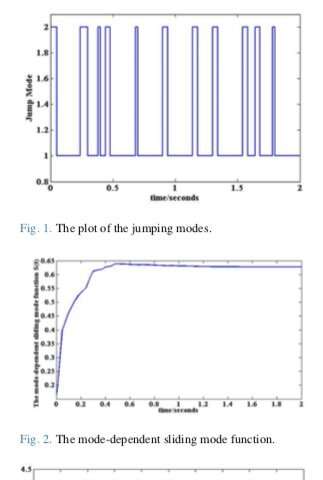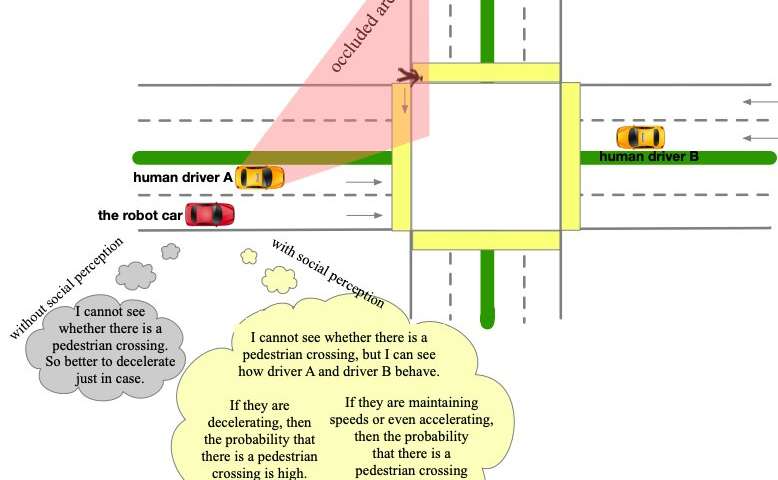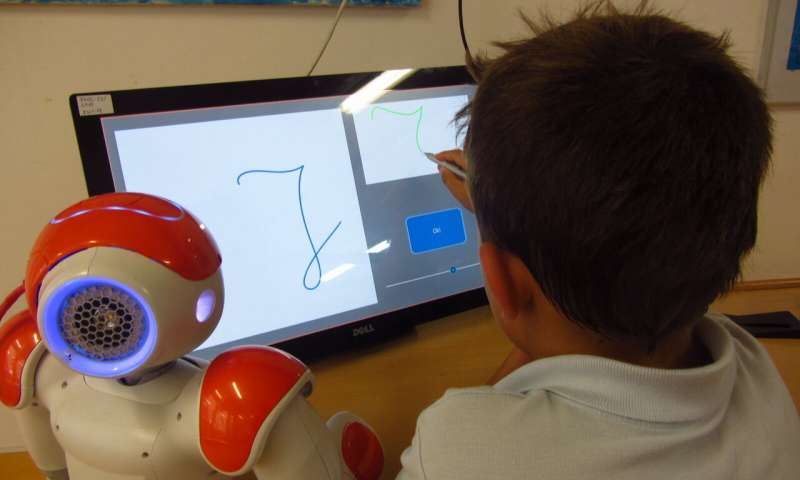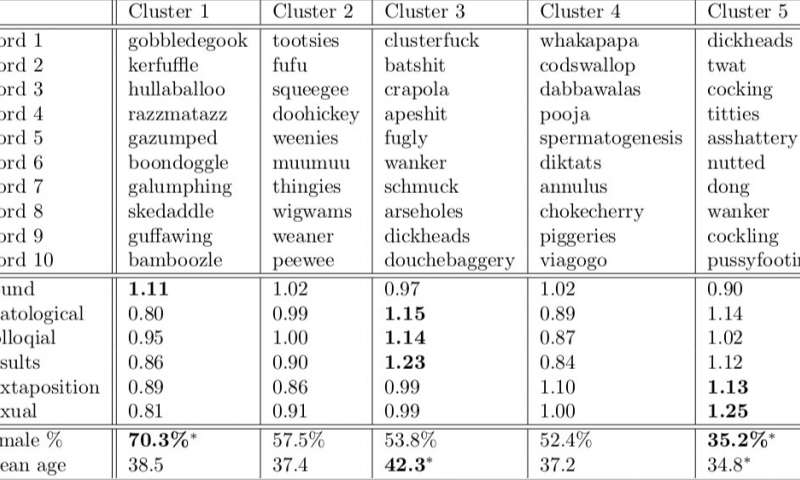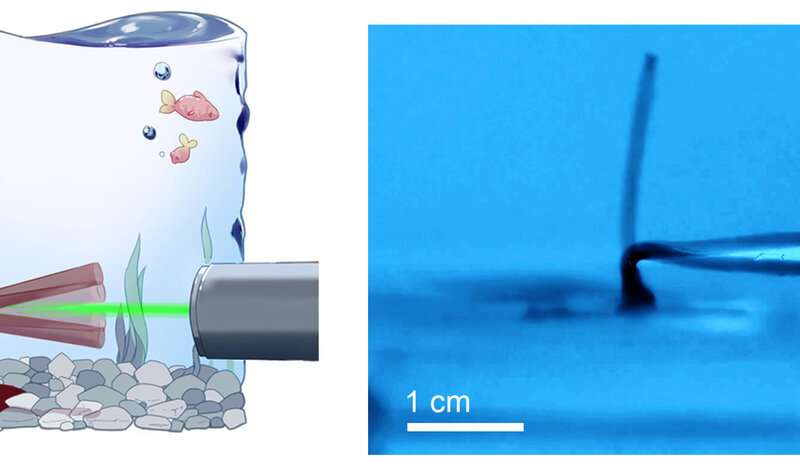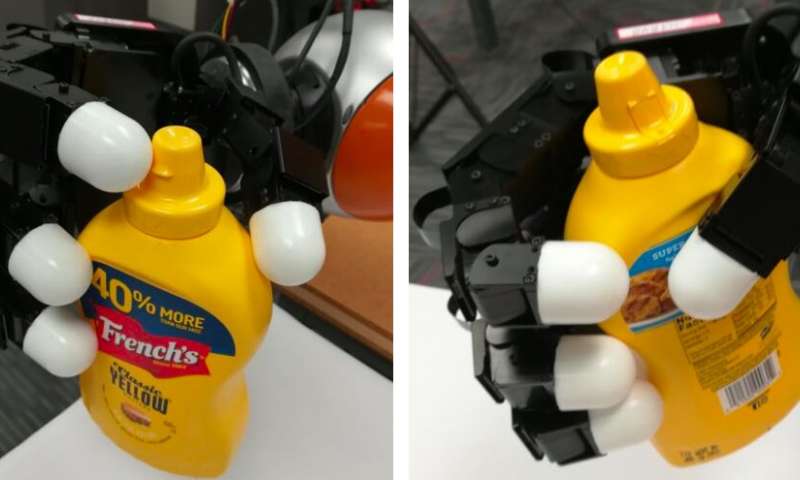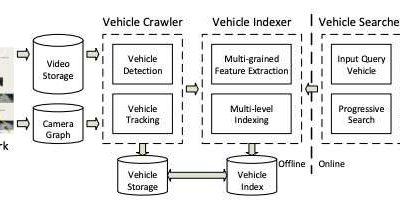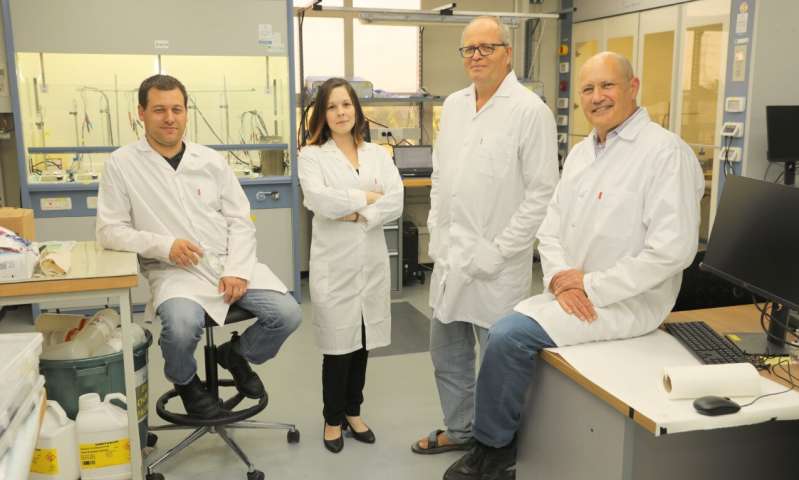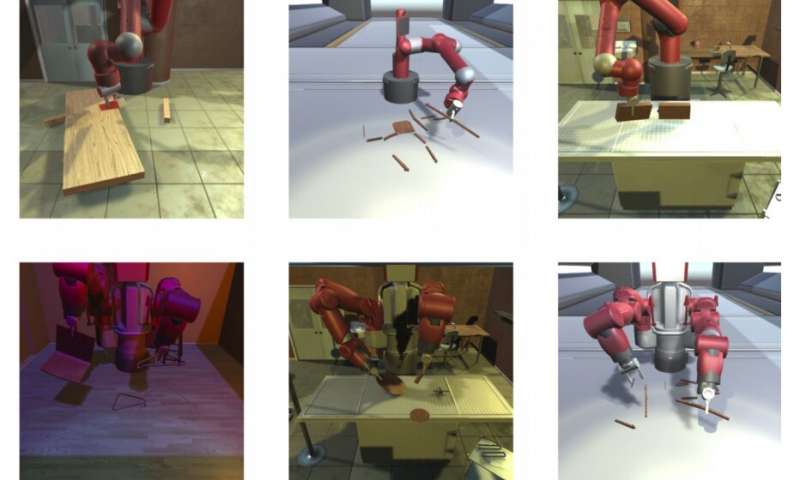Researchers at Anhui University in China have recently developed a new method to enable sliding mode control in a class of nonlinear positive Markov jumping systems (MJSs) with uncertain parameters. Their approach is outlined in a paper published in Springer's...
TECHXPLORE
A social perception scheme for behavior planning of autonomous cars
To navigate dynamic environments, autonomous vehicles (AVs) should be able to process all information available to them and use it to generate effective driving strategies. Researchers at the University of California, Berkeley, have recently proposed a social...
A social robot to enhance children’s handwriting skills
Researchers at CHILI Lab (Ecole Polytechnique Fédérale de Lausanne) in Switzerland and GAIPS Lab (University of Lisbon) in Portugal have recently developed an autonomous system designed to assist children in improving their handwriting skills. The system they created,...
A new study explores humor in word embeddings
Advances in the field of AI have enabled the development of tools that can understand a variety of languages and communicate with humans. However, there are still aspects of human communication that AI systems struggle with, one of which is humor.
A soft phototactic swimming robot built using a self-sustained hydrogel oscillator
Researchers at the University of California, Los Angeles (UCLA) and the California NanoSystems Institute in Los Angeles have recently developed a soft swimming robot based on a self-sustained hydrogel oscillator. This robot, presented in a paper published in Science...
A new supervised learning approach to grasp planning in robots
Researchers at the University of Utah have recently developed a probabilistic grasp planner that can explicitly model grasp types to plan high-quality precision and power grasps in real time. Their supervised learning approach, outlined in a paper pre-published on...
A superconducting switch for interfacing superconductors and semiconductors
Many existing techniques for developing quantum and neuromorphic computing tools are based on the use of superconductors, substances that become superconducting at low temperatures. In the same architectures, semiconductors, substances with a partial conductivity, are...
A new vehicle search system for video surveillance networks
A team of researchers at JD AI Research and Beijing University have recently developed a progressive vehicle search system for video surveillance networks, called PVSS. Their system, presented in a paper pre-published on arXiv, can effectively search for a specific...
A new water-splitting technique to generate clean hydrogen
Electrolytic hydrogen production entails the generation of hydrogen from water using electrical power, which should ideally come from renewable power sources such as sunlight and wind. Although this method of producing hydrogen could be a very promising solution for...
An IKEA furniture assembly environment to train robots on complex manipulation tasks
In order to complete complex everyday tasks such as using equipment, cooking or building furniture, robots should be able to plan their actions and manipulate objects in their surroundings. So far, however, teaching robots to complete complicated tasks, such as those...

